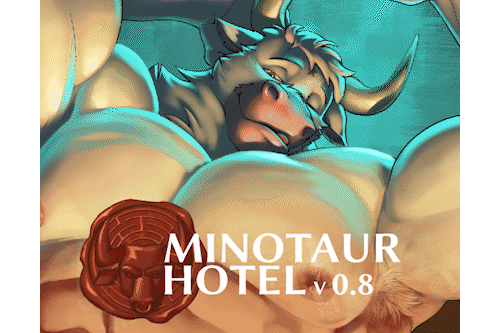I'm bringing this here because when I brought it up on twitter they explicitly told me about this forum, which I didn't want to set foot in till I'd finished build 0.5. Which I now have.
Throughout Hinterlands, there's a repeated motif of P using devotion to the Virgin Mary as a component of his magic. Saying Ave Marias to dispel the Tapir apparitions, the coffee cup that makes the shitty coffee taste good, etc. (I haven't had time yet to go back and play all the Hinterland sub routes yet, but if you find others please mention them.)
Partly this is because Hinterlands and the things that happen in it are based on Latin American folklore, which is very Catholic, and the devs have said as much. As someone who was raised... 'esoteric Catholic,' let's say, myself, I know how many, many, MANY different "say this number of Hail Marys at these specific times of day, with this introduction, with these other prayers, in this order" rituals there are.
But, any character COULD have been the one to showcase that, what does it mean that it's P that gets the "Marian Devotion as Latin American Ritual Magic?" Why him, specifically?
P is explicitly a descendant of, and named after, the Argos that the Argoi are pretending to be standing in for. That's the myth he gets Recurrence'd into with Storm, and why Hermes tries to kill him after up getting Recurrance'd into it as well. Which means he's under the patronage of Hera: In addition to the peacock being an animal sacred to Hera and often used in art as her attribute, the reason he can see through the spots on his feathers is because that's where Hera put Argos's eyes after Hermes killed him.
Two themes in the story are Syncretism and Recurrence: the overlapping and blending of traditions, and the re-enactment of old stories with new people filling the roles. As Argos, and as Peacock, P's story, his concept, has him supposed to be empowered by his devotion to the queen of the gods, the patroness of Mothers, and the exemplar of marital fidelity. Though that was originally supposed to be Hera, that's been syncretized into the Virgin Mary in the context of Latin American folklore (I'm going to guess Brazil? Though if someone told me no, actually, it's Argentina or Chile or Peru I'd believe them.)
Maybe this is because, as Hermes says, most of the Greek pantheon aren't really around anymore, so P's myth needs someone else to occupy the "Queen of Heaven" role. But it's also a thematic fit with the KIND of magic we see P practice, and Storm learn from him: utilitarian, symbol-is-the-thing, ritualism put together from The Things That Happen To Be At Hand. So if your story means you're empowered by invoking the Queen of Heaven, then maybe it doesn't have to matter which one?


